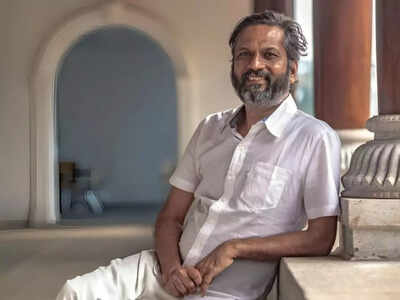ARTICLE AD BOX

Zoho founder and CEO Sridhar Vembu has revealed an unusual workplace policy that has become central to the company's culture: employees are strictly prohibited from publicly praising the leadership, including Vembu himself.In a post on X (formerly Twitter) on Wednesday, Vembu wrote: "One long standing principle within the company is that no employee is allowed to praise the leadership, including me, in public. We remind people of this rule periodically and it has become a core part of our culture. The spiritual principle I have tried to follow in life is to let neither praise nor abuse get to me. I don't read or watch videos about me. I am not that important to me and do not want to carry the burden of being important. I think of being alive and conscious, drawing breath, as the ultimate gift bestowed by the creator and remind myself to be thankful for that gift. Satchitananda सच्चितानन्दः I do read critical feedback of our products or the company. They are important. I remind myself and our employees to be thankful for the fact that we even receive that feedback, because the natural or default state for any product or idea is to be completely ignored.
The fact that people take the time to tell us is a gift we must be thankful for."
Spiritual philosophy drives anti-flattery rule at India's SaaS giant
The entrepreneur, who built Zoho into one of India's most successful software-as-a-service companies without external funding, explained that the policy stems from a deeper personal philosophy about maintaining humility and perspective. He emphasized that staying grounded comes from gratitude for existence itself, ending his message with the Sanskrit term "Satchitananda," which means existence, consciousness, and bliss.
Critical feedback welcomed while praise remains banned
While public praise is discouraged, Vembu made clear that criticism is not only allowed but actively encouraged at Zoho. He stressed the importance of reading critical feedback about the company's products, viewing such engagement as valuable rather than negative. Vembu noted that most products and ideas face complete indifference, making any reaction—particularly constructive criticism—a sign of meaningful engagement that deserves gratitude.
The policy reflects his belief that employees should focus on improving the company's offerings rather than cultivating leadership personalities.

 2 hours ago
4
2 hours ago
4








 English (US) ·
English (US) ·